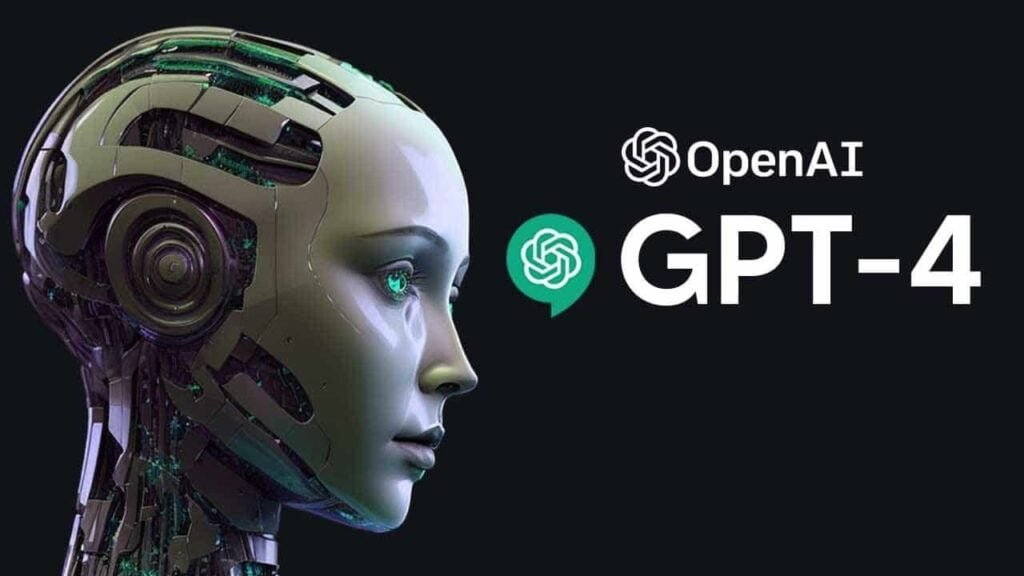In India, a significant 80 percent of leaders now prioritize talent equipped with artificial intelligence (AI) skills over those with extensive experience, according to a recent report. This shift underscores a notable trend as companies increasingly adopt Generative AI (GenAI) models to enhance productivity and offerings.

Released on May 16, the Work Trend Index report reveals that nearly three-quarters of Indian leaders are hesitant to recruit individuals lacking AI skills, a figure exceeding the global average of 66 percent. Conducted jointly by Microsoft and LinkedIn, the report draws insights from a survey encompassing 31,000 individuals across 31 countries, coupled with LinkedIn’s analysis of labor and hiring trends, Microsoft 365 productivity data, and engagements with Fortune 500 clientele.
The study unveils that a striking 92 percent of knowledge workers in India integrate AI skills into their daily workflows, significantly outpacing the global average of 75 percent. Notably, rather than waiting for formal training from employers, 72 percent of Indian AI users opt to introduce their own AI tools into their work environments.
According to the Work Trend Index data, the widespread adoption of AI skills in the Indian workforce is palpable. Irina Ghose, Managing Director of Microsoft India and South Asia, highlighted this during a panel discussion in Mumbai, emphasizing the encouraging diffusion of AI across various sectors, including BFSI, healthcare, ITES, and the public sector.
The surge in demand for AI skills is reshaping the landscape of employability in the GenAI era. By late 2023, there was a staggering 142-fold increase globally in LinkedIn members adding AI skills such as Copilot and ChatGPT to their profiles. Moreover, there has been a notable 160 percent rise in non-technical professionals enrolling in LinkedIn Learning courses to bolster their AI proficiency.
Ruchee Anand, Head of Talent & Learning Solutions at LinkedIn, emphasized the significant surge in demand for AI expertise, indicating a remarkable 17 percent jump from the previous year. This aligns with insights gleaned from LinkedIn’s platform, as well as findings from the Work Trend Index.

Furthermore, the report highlights the impact of AI skills mentions in LinkedIn job postings, correlating with a 17 percent increase in response rates. It underscores a symbiotic relationship: organizations empowering their workforce with AI tools and training stand to attract top talent, while professionals who skill up in AI gain a competitive edge in the job market.
In the midst of this transformative wave, industry stalwart Narayana Murthy voices optimism about the role of AI in the future of work. He dispels fears of AI replacing human ingenuity, advocating for its integration as an assistive tool rather than a daunting force.
In essence, India’s embrace of AI reflects a paradigm shift in talent acquisition and skill development, signaling a new era where AI proficiency is not just desirable but essential for thriving in the modern workforce.
Artificial Intelligence (AI) stands as a transformative force in today’s world, revolutionizing industries, driving innovation, and shaping the future of work. Its importance lies in its ability to analyze vast amounts of data, extract insights, and make informed decisions with unprecedented speed and accuracy.
One of the key areas where AI shines is in enhancing efficiency and productivity across various sectors. From automating repetitive tasks to optimizing processes, AI streamlines operations and frees up human resources to focus on more strategic endeavors. This not only leads to cost savings but also unlocks new opportunities for growth and expansion.
Moreover, AI has the potential to revolutionize healthcare by enabling early disease detection, personalized treatment plans, and predictive analytics for better patient outcomes. In education, AI-powered tools facilitate personalized learning experiences, catering to individual student needs and enhancing educational outcomes.
Furthermore, AI is driving innovation in areas such as autonomous vehicles, natural language processing, and robotics, paving the way for a future where technology seamlessly integrates into our daily lives.
In essence, the importance of AI lies in its ability to augment human capabilities, drive efficiency, foster innovation, and ultimately, improve the quality of life for individuals and societies as a whole. As we continue to harness the power of AI, its impact will only grow, reshaping industries and transforming the way we live and work.



